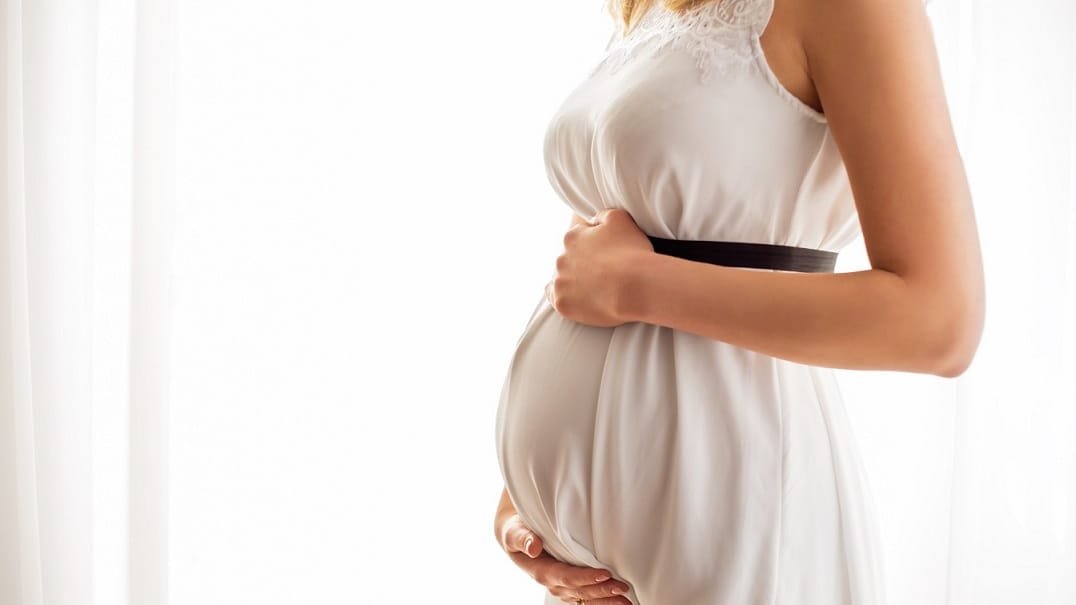Post-Pregnancy Mental Health
Becoming a parent is undoubtedly one of life’s most profound experiences, but it can also bring about significant changes and challenges, especially in terms of mental health. While much attention is focused on the well-being of expecting mothers during pregnancy, the post-pregnancy period often takes a back seat. Post-pregnancy mental health, or postpartum mental health, is a crucial aspect of the maternal journey that deserves greater recognition and support. In this blog post, we will explore the various facets of post-pregnancy mental health, from common challenges to self-care strategies and available resources for new parents.
The Complexity of Post-Pregnancy Mental Health
Post-pregnancy mental health refers to the emotional and psychological well-being of parents in the weeks, months, and even years following the birth of a child. It’s important to recognize that both mothers and fathers can experience post-pregnancy mental health challenges, though mothers tend to be the primary focus of research and discussion.
Baby Blues, Postpartum Depression, and Postpartum Anxiety: It’s essential to understand the range of emotions new parents can experience. “Baby blues” are common and typically consist of mood swings, irritability, and tearfulness, usually occurring within the first two weeks after childbirth. However, some parents may experience more severe conditions, such as postpartum depression (PPD) or postpartum anxiety (PPA), which can have a significant impact on their mental health. These conditions may manifest as persistent sadness, low energy, intense worry, and difficulty bonding with the baby.
Post-Traumatic Stress Disorder (PTSD):
For some parents, the birth experience can be traumatic, resulting in post-traumatic stress disorder. This is often associated with a difficult or emergency childbirth, and it can lead to flashbacks, nightmares, and severe anxiety.
Postpartum Psychosis:
Although rare, postpartum psychosis is a severe mental health condition that requires immediate medical attention. It typically involves hallucinations, delusions, and irrational thoughts.
Challenges and Stigma
One of the main challenges in addressing post-pregnancy mental health is the stigma attached to it. New parents often feel pressured to present a picture-perfect image of happiness and fulfillment. Admitting to feelings of sadness, anxiety, or inadequacy can be difficult due to fear of judgment or being labeled as unfit parents. However, it’s crucial to understand that these feelings are normal and can happen to anyone. It’s essential to prioritize seeking help and support when needed without shame.
Self-Care Strategies
Open Communication:
Talk to your partner, family, or friends about your feelings and concerns. They can provide emotional support and help you navigate your emotions.
Self-compassion:
Be kind to yourself. Remember that it’s okay to have challenging moments, and perfection is not the goal. You’re doing your best.
Professional Help:
Seek the assistance of a healthcare provider or therapist if you’re experiencing persistent symptoms of postpartum depression, anxiety, or other mental health conditions.
Rest and Nutrition:
Adequate sleep and a healthy diet can have a significant impact on your mental well-being.
Support Groups:
Consider joining a post-pregnancy support group or connecting with other parents who can relate to your experiences.
Conclusion: Post-Pregnancy Mental Health
Post-pregnancy mental health is a complex and often underestimated aspect of becoming a parent. It’s crucial to acknowledge the challenges new parents may face and provide the necessary support and resources. Remember that you are not alone, and seeking help is a sign of strength, not weakness. By addressing and normalizing post-pregnancy mental health, we can promote healthier outcomes for both parents and their children.




